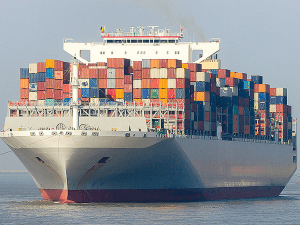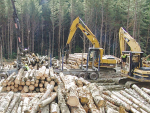New Zealand's primary sector has added steel to the country’s economy in the wake of the Covid-19 pandemic, according to a recently released report.
Economic and research firm NZIER latest Insight report – released last week – says the livestock, forestry and horticulture sector have performed well over the lockdown period and as the Covid-19 crisis has continued overseas.
“Our land-based industries have proven themselves to be exceptionally resilient, particularly when it comes to trade” says Chris Nixon, NZIER principal economist and lead author of the report.
The report found that a mixture of strong demand from Asia (particularly China), flexible supply chains that suit commodity products, and strong institutions that govern food processing have all contributed to New Zealand’s strong trading results throughout the Covid-19 pandemic so far.
Dairy, meat and horticulture are up by nearly $1 billion year-to-date relative to this time in 2019.
“Not only has demand for New Zealand products remained solid, the outlook for all land-based industries looks strong,” Nixon adds. “Supporting this growth are the flexibility of our supply chains and the institutions that govern the rules around food processing.”
However, he warns that as the Covid-19 pandemic continues New Zealand must remain vigilant to how it impacts trade globally.
“A reduction in consumption of retail goods in the US could have an impact on Asian demand and incomes. This may mean that other countries have less to spend on New Zealand products and services.”
NZIER point out that New Zealand’s exposure to North American markets is limited because their commodity markets are fiercely protected.











